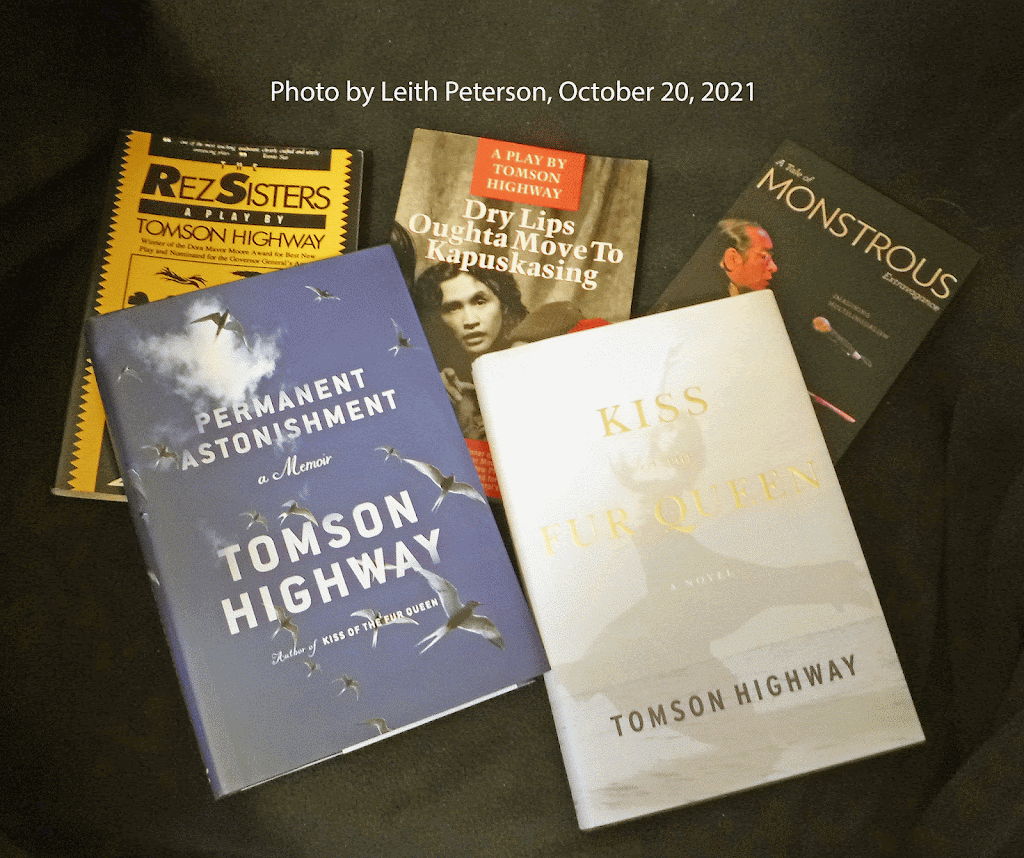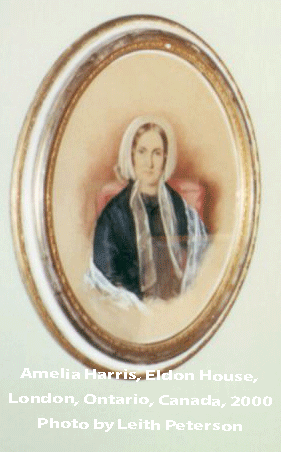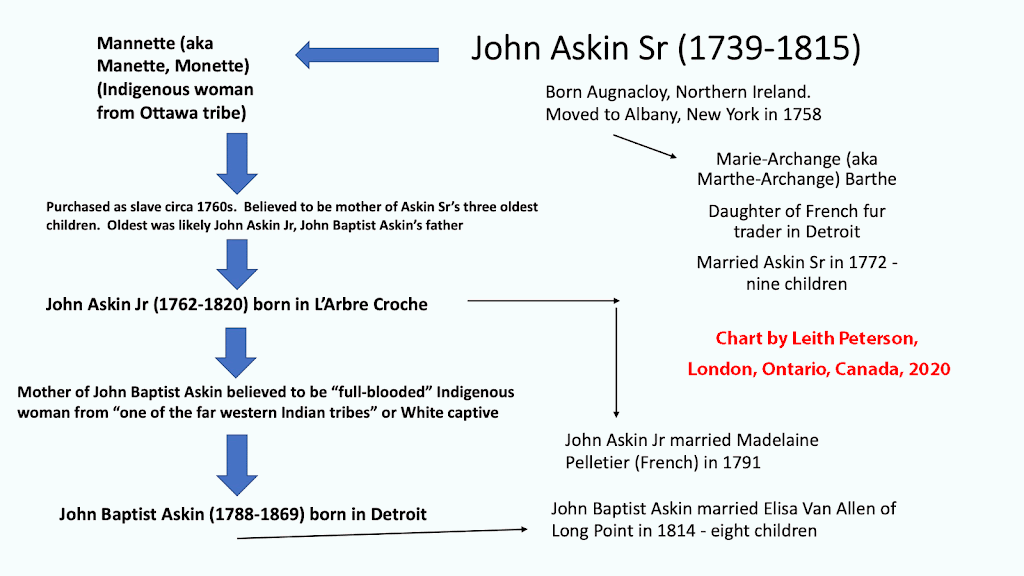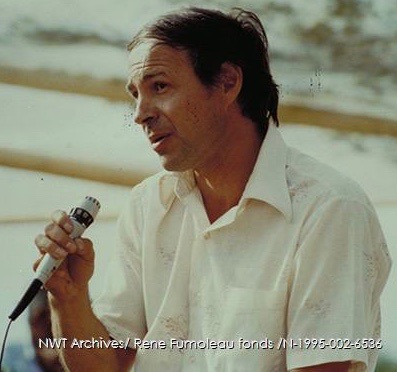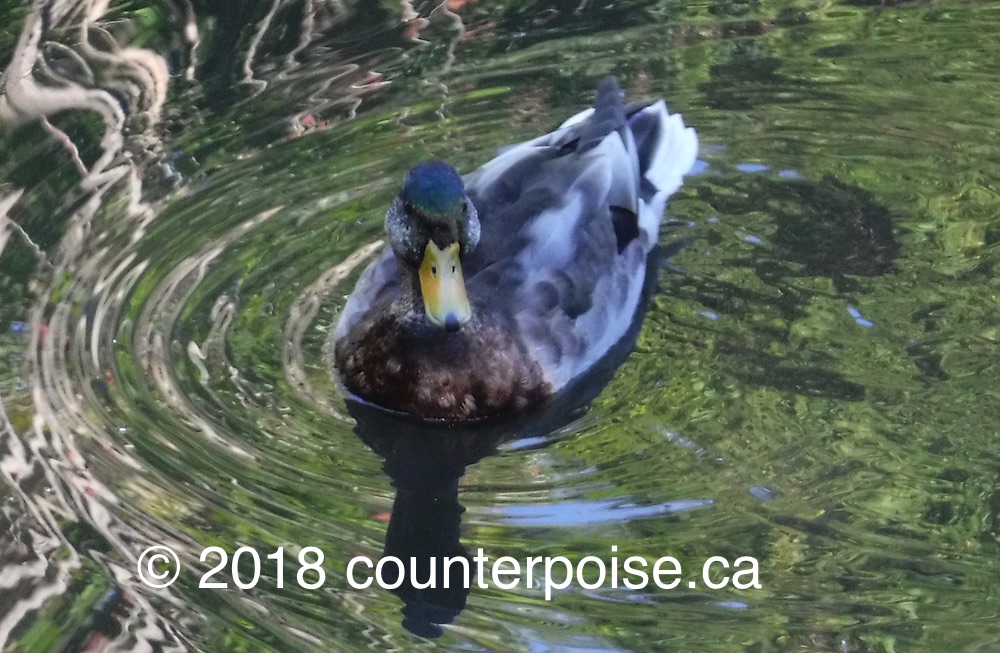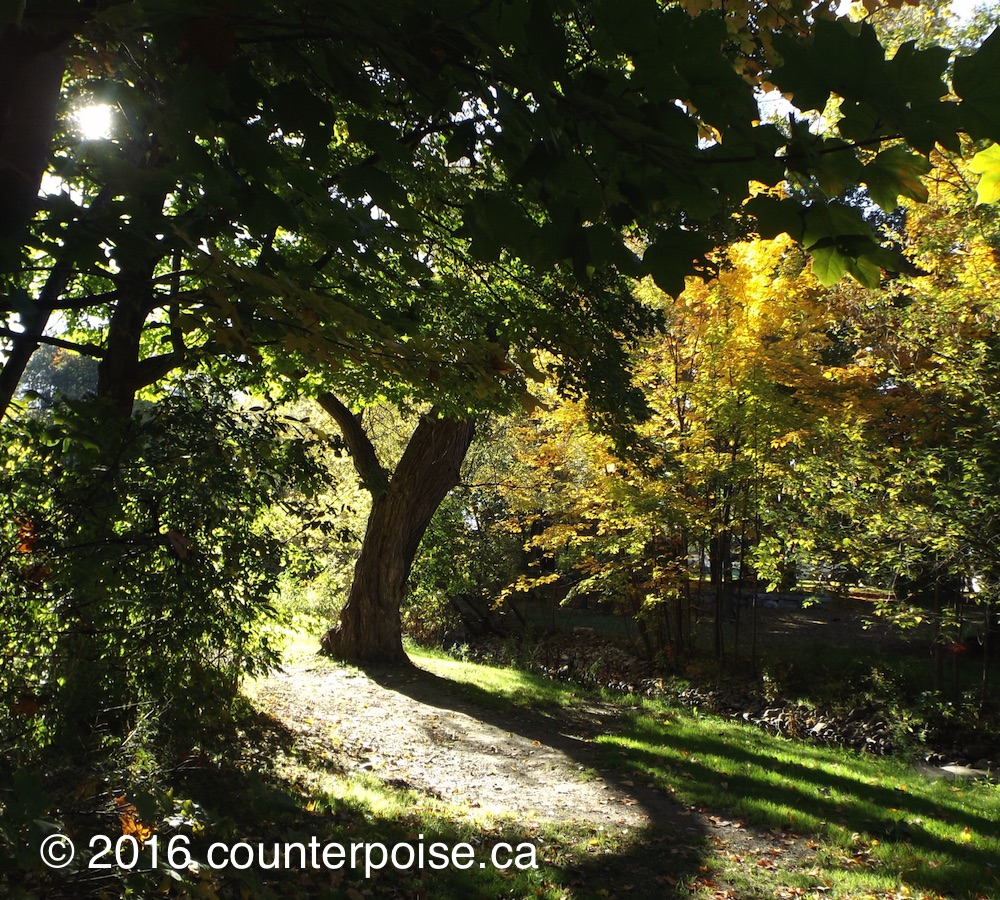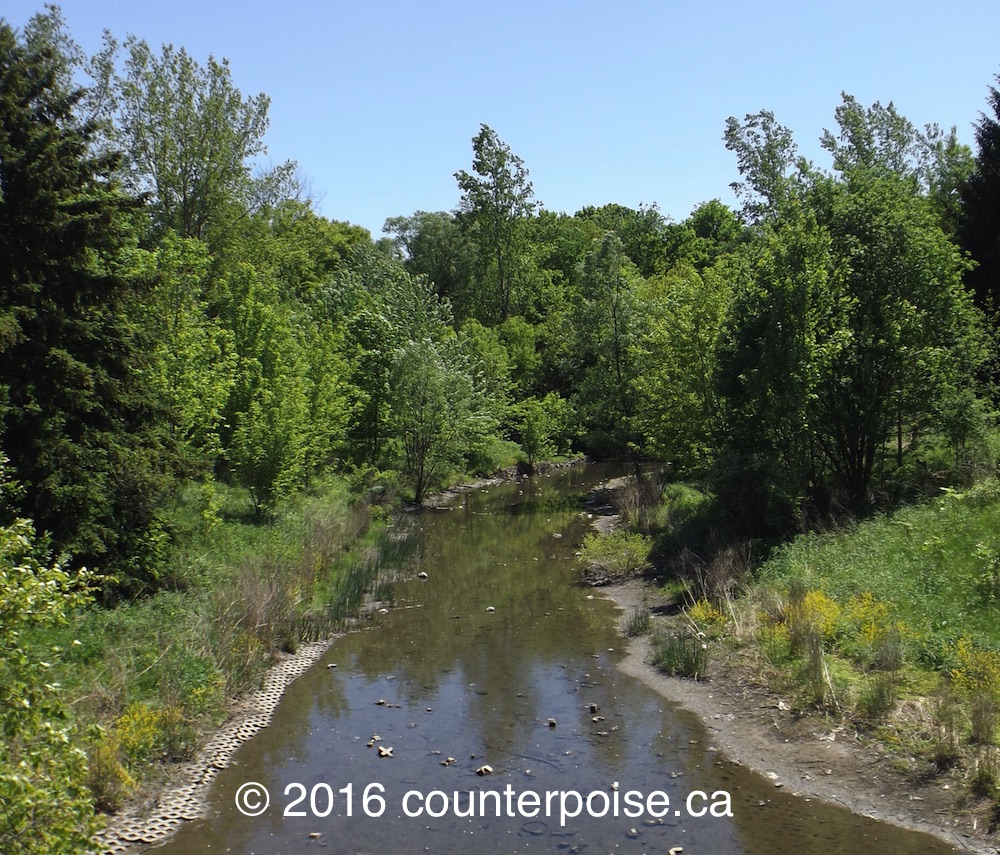Tomson Highway – His Memoir Permanent Astonishment and His Time in London, Ontario, Canada, 1975-1978
Cree writer and pianist Tomson Highway’s memoir Permanent Astonishment provides many insights into why he is a Canada Indigenous frontrunner. He successfully navigated his way through nine challenging years at a residential school. Then from 1975 to 1978, he got two B.A.’s from Western, coordinated the Festival of Native Music ’78 and became my friend.
